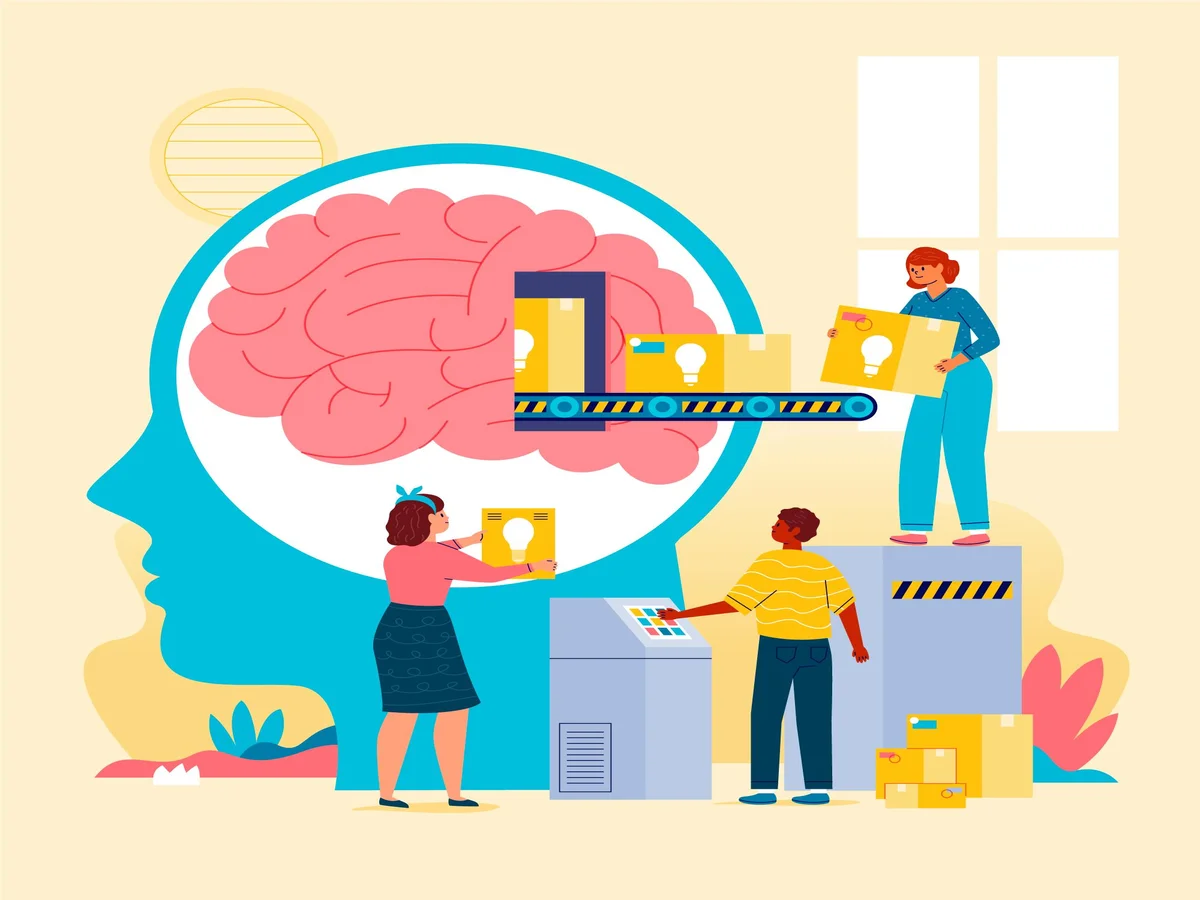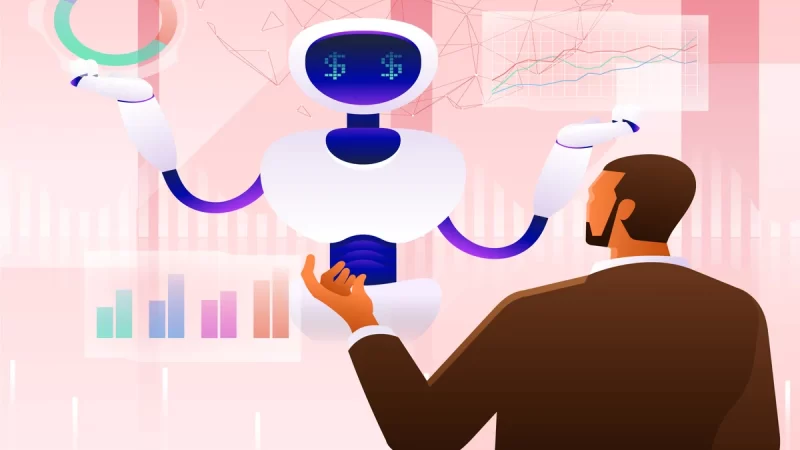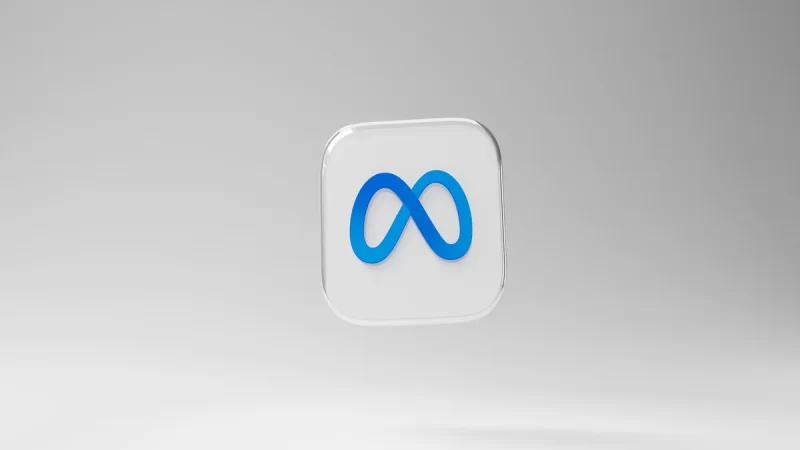ChatGPT Gets a Memory Function: Enhances User Experience with Memory

Artificial Intelligence has made significant strides in natural language processing and understanding. One remarkable advancement is the development of ChatGPT, a powerful language model by OpenAI. With the latest update, ChatGPT now boasts a new memory function, bringing it closer to emulating human-like memory capabilities. In this article, we will explore the benefits of this memory function and how it enhances the user experience.
What is ChatGPT’s Memory Function?
ChatGPT’s memory function is a groundbreaking addition that allows the model to retain and recall information throughout the conversation. Traditional chatbots lack the ability to maintain context over multiple interactions, often leading to disjointed conversations. However, with this new memory function, ChatGPT can now remember past user inputs and responses, providing a more coherent and personalized experience.
Seamless Context Retention
One of the primary advantages of the memory function is that ChatGPT can now seamlessly retain context. When users engage with the model, it remembers their previous queries and interactions, enabling more meaningful and coherent conversations. This continuity helps users avoid having to repeat themselves and allows for more complex and in-depth discussions.
Personalization and User Experience
With the memory function, ChatGPT can personalize its responses based on user history. By recalling past conversations, the model gains insights into a user’s preferences, interests, and specific needs. Consequently, each interaction becomes more tailored and relevant, significantly improving the overall user experience.
Learning from User Input
The memory function also empowers ChatGPT to learn from user input. As it stores previous interactions, the model can identify patterns and adapt its responses accordingly. This learning aspect enables ChatGPT to grow and evolve over time, becoming increasingly adept at understanding and meeting user expectations.
Longer and More Complex Conversations
Without memory, chatbots often struggle with more extended and intricate conversations. They might lose track of the topic or fail to maintain consistency. However, with the memory function, ChatGPT can engage in extended dialogues, making it an ideal tool for educational purposes, brainstorming ideas, or even just casual discussions.
Reduced Redundancy
In conventional chatbots, redundancy is a common issue, as they lack the capacity to recall earlier interactions. Users often need to repeat information or rephrase their queries. ChatGPT’s memory function tackles this problem head-on, minimizing redundancy and making conversations with the model more efficient and productive.
Enhanced Customer Support
Incorporating memory into ChatGPT significantly enhances its potential in customer support scenarios. The model can now maintain awareness of ongoing issues, remember past interactions with customers, and offer consistent solutions. This capability fosters better relationships with users and contributes to more satisfactory customer support experiences.
Ensuring Privacy and Data Security
Given the nature of the memory function, concerns about user privacy and data security may arise. However, OpenAI has made considerable efforts to address these concerns. ChatGPT’s memory is designed to be transient and not linked to specific users. This means that the model forgets information after a certain point, ensuring anonymity and safeguarding sensitive data.
Potential Applications
The integration of the memory function opens up a wide array of potential applications for ChatGPT. In addition to customer support, the model can be utilized in personalized tutoring, interactive storytelling, language learning, and even therapeutic conversational agents. The memory function significantly enhances the model’s versatility and real-world utility.
Key Takeaways
The memory function in ChatGPT marks a significant milestone in the evolution of AI-powered language models. By enabling context retention, personalization, and learning from user input, ChatGPT offers a more human-like and engaging conversational experience. With reduced redundancy and improved capabilities in handling longer conversations, the model becomes a powerful tool for various applications. As AI continues to advance, innovations like the memory function bring us closer to creating AI systems that genuinely understand and cater to human needs.
Frequently Asked Questions (FAQs)
What is ChatGPT’s memory function?
ChatGPT’s memory function is a new capability that allows the language model to retain and recall information from past interactions. It enables the model to remember user inputs and responses, leading to more coherent and personalized conversations.
The memory function enhances user experience by providing seamless context retention. It allows ChatGPT to remember previous queries, avoid redundancy, and offer more relevant and tailored responses based on user history, leading to a more satisfying and engaging conversation.
Yes, with the memory function, ChatGPT can learn from user input. By storing and analyzing past interactions, the model can identify patterns and adapt its responses over time, resulting in improved performance and understanding of user needs.
The memory function is particularly advantageous for customer support scenarios. It enables ChatGPT to remember ongoing issues, past interactions with customers, and consistent solutions, leading to enhanced customer satisfaction and more efficient support services.
Yes, OpenAI has taken significant measures to ensure user privacy and data security. ChatGPT’s memory is designed to be transient and not tied to specific users. The model forgets information after a certain point, ensuring anonymity and safeguarding sensitive data.







